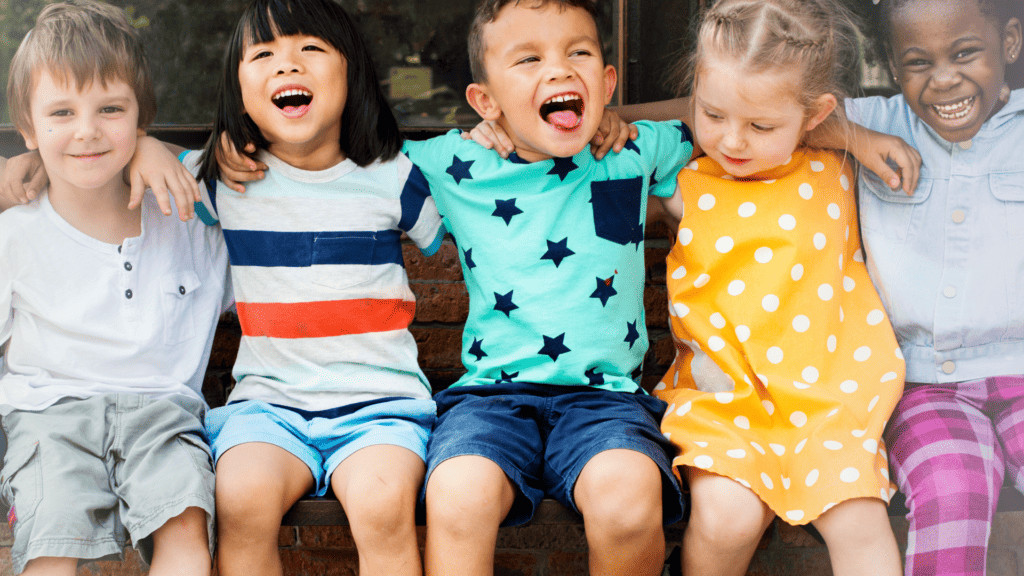
How to Raise Strong and Confident Daughters
When your daughter recognizes that you believe in her, she begins to believe in herself, and has confidence to pursue her dreams.

Here are some things you can do to prepare your child for kindergarten
Your child will likely have an easier transition to kindergarten if he is comfortable away from you for several hours at a time. Some children can handle the separation easily, while others may be overly clingy or tearful as the first day of school approaches. Here are several ways you can help your child deal with his anxieties:
Learning self-discipline requires a childhood filled with patience, love and limits provided by adults consistently and repeatedly. Your child is more likely to be successful in kindergarten if he knows how to follow certain rules, obeys authority figures, treats objects and people with care, and understands that it is never okay to hurt anyone on the inside or the outside.
His self-management skills will continue to grow throughout the year; for example, he will improve his ability to express his emotions in an appropriate way, listen to a story without interrupting, and stay calm even when he is frustrated or disappointed.
Good behavior provides more opportunities for learning. You can help your child understand that he must obey certain rules and respect authority figures by modeling the behavior you wish to see from him. Do not allow him to boss you or talk disrespectfully to you. This is important if he is to understand, accept, and respect authority figures at school.
Children generally learn best when they are allowed to do things themselves, so the gift of confidence is one of the most valuable things we can give them. Notice the efforts your child is making. Remarks such as “I like the way you picked up your toys without being told” or “You did a good job dressing yourself” go a long way toward helping him feel capable.
Dressing himself — buttoning his coat, zipping his pants, etc. — is one area where your child should feel extra confident. He may also be learning to tie his shoes, but until he masters this skill, look for shoes with hook-and-loop closures.
Many children this age do need guidance in choosing clothing that is appropriate for certain situations. You may want to divide his closet into different sections for school clothes, play clothes, and special occasion clothes. Or, color code his drawers for easy recognition and let him pick anything he wants from the designated drawer.
Children learn social skills best by modeling, repetition, and practice. “Catch” your child being good by complimenting him when he responds appropriately in a given situation. And remember that his teacher will help him develop many traits, such as:
A well-mannered child tends to get the most from school. He is also likely to have more friends. Here’s how you can promote good manners:
Help your child understand that people in the world represent a variety of shapes, sizes, abilities, races, and beliefs. Acceptance means understanding the variety — how we are alike and how we are different—and treating all people in a kind and fair manner. It is a learned behavior that becomes a common practice when he observes the important people in his life treating others with respect.